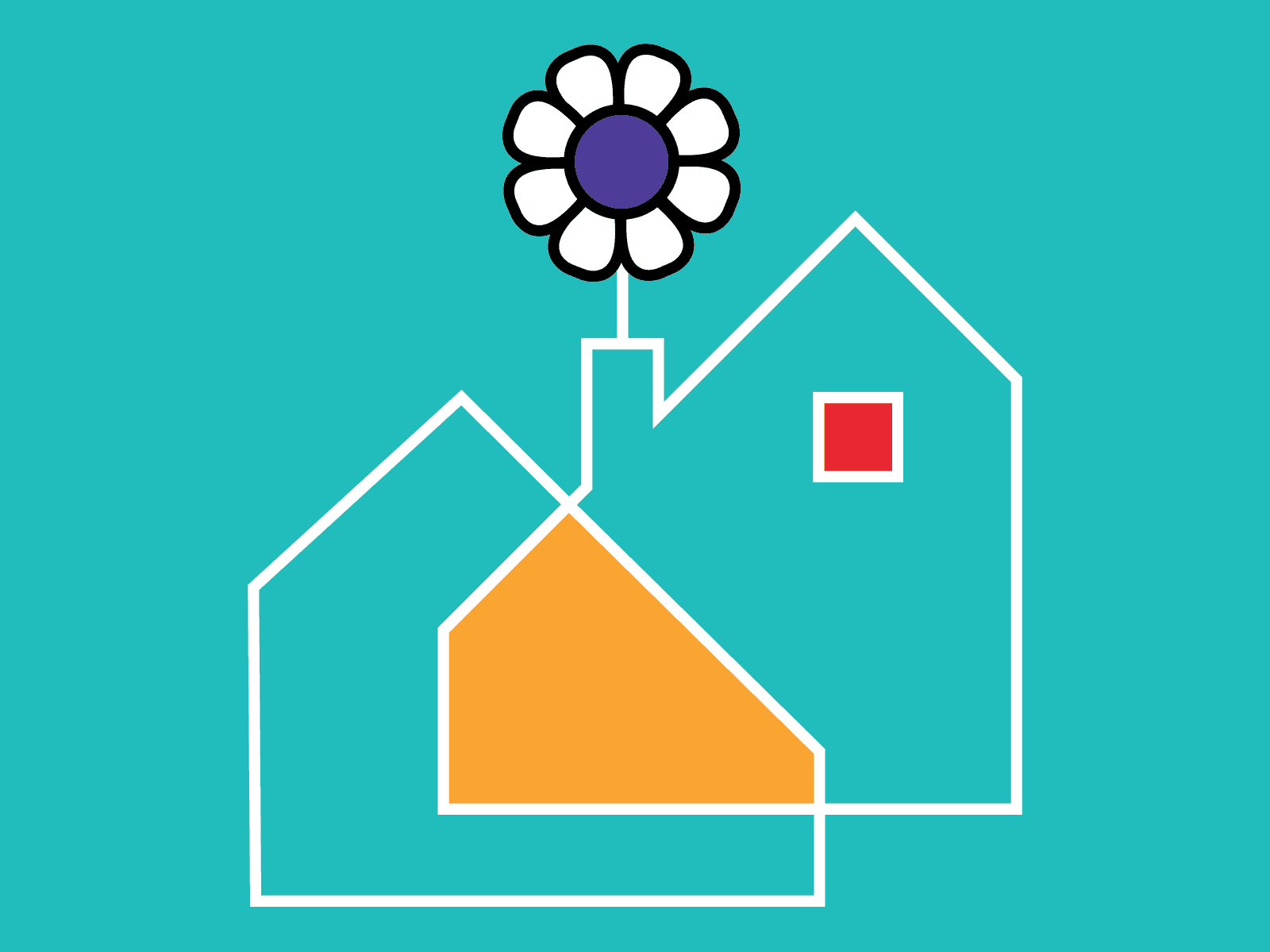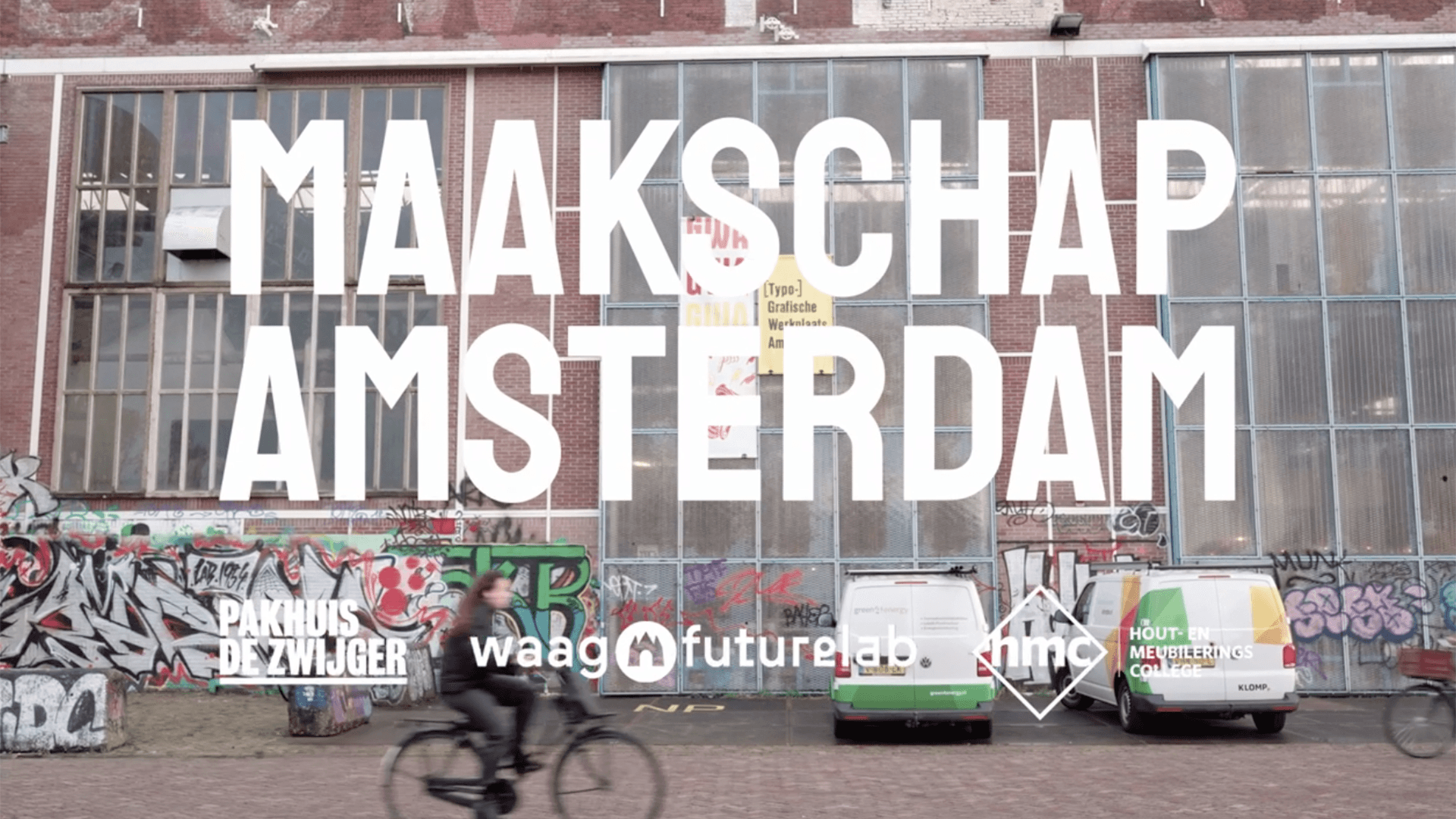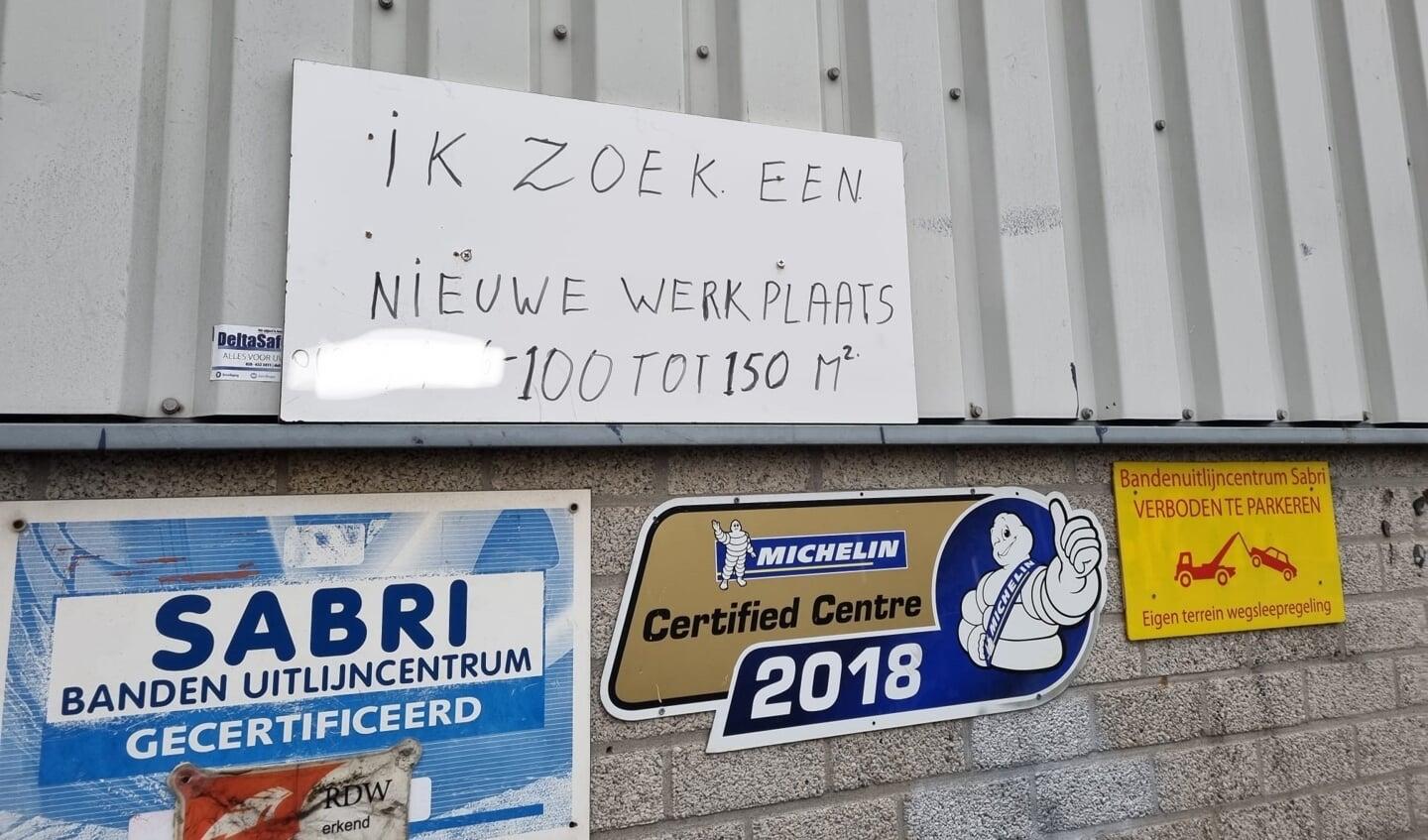Waag introduces Seed Memory: a podcast series that explores the relations between heritage and the natural world, created by Harry Reddick for Waag. In Seed Memory, Harry poses the question of how to navigate the ‘new normal’ in the age of coronavirus, by researching heritage sites such as De Ceuvel in Amsterdam and Vergers Urbains in Paris. We look at heritage as something that is constantly in motion and is determined by the emotions of the community associated with it. We make the case for making our communities more inclusive. And in order to do so, we look at the ways to include the natural world, meaning ecological thought and our environment, into our thinking about heritage and society. Harry speaks to heritage and public history experts such as Tamara van Kessel, Hester Dibbits and Steven High, and incorporates important ecological thought, for example by interviewing eco-philosopher Glenn Albrecht in one of his episodes.
Seed Memory can be seen as an exploration for a new European project the Future Heritage Lab of Waag is heading into: Centrinno. This project aims to design new ways in which industrial heritage sites can be developed as the base of fundamentally environmental and inclusive EU cities. In many European cities, we have seen how new, creative tech-based economics have made them more attractive for innovators and entrepreneurs. Based on the idea of economic growth, and without relating to local culture, natural landscape and societal context, the people living in these spaces are usually only temporarily there. This leads to the exploitation and abandonment of European heritage sites that have large value for history, without adding value to, or even taking into account, the meaning of heritage for its local community.
In Centrinno, we base ourselves on the idea that industrial heritage sites are a resource and an inspiration for the future: they can add value, help to make communities more inclusive, and do so in a way that promotes ecological preservation - making cities more liveable - while still attracting the economics of new, creative digital technologies. This is why Centrinno is aimed at the incorporation of Maker Spaces, Fab Labs, Food Labs, Creative Spaces and other kinds of third-spaces into industrial heritage sites. By doing so, we safeguard small scale makership and craft within the city. We promote turning industrial heritage sites into Fab City Hubs that enable technology to stimulate creativity, and in the meantime have local impact by relating to local issues and the needs of the city they are part of.
The Amsterdam pilot of Centrinno takes place in Amsterdam-Noord’s harbour area: a place of rich material and immaterial heritage and a lively culture today. In this area, the pilot will work towards incorporating the ‘outside world’ into the creative educational programmes already taking place. We want to work towards an alternative for the increasing gentrification in this area, by promoting an inventive and creative space for both living and learning.
To do so, we need to open ourselves to new ways of thinking about heritage, the meaning it has for local communities, the inclusivity of communities and the ways we can incorporate the natural world into our line of thought - in order to work towards a new normal: a future in which both our communities and our relationship with the natural world have become much stronger. We hope you enjoy the exploration of these subjects in the podcast series Seed Memory. The first episode will be available through our website and all your favourite podcast apps on Thursday November 12th!


